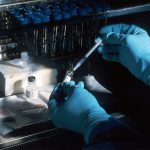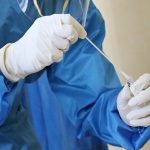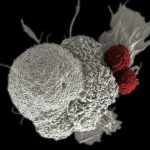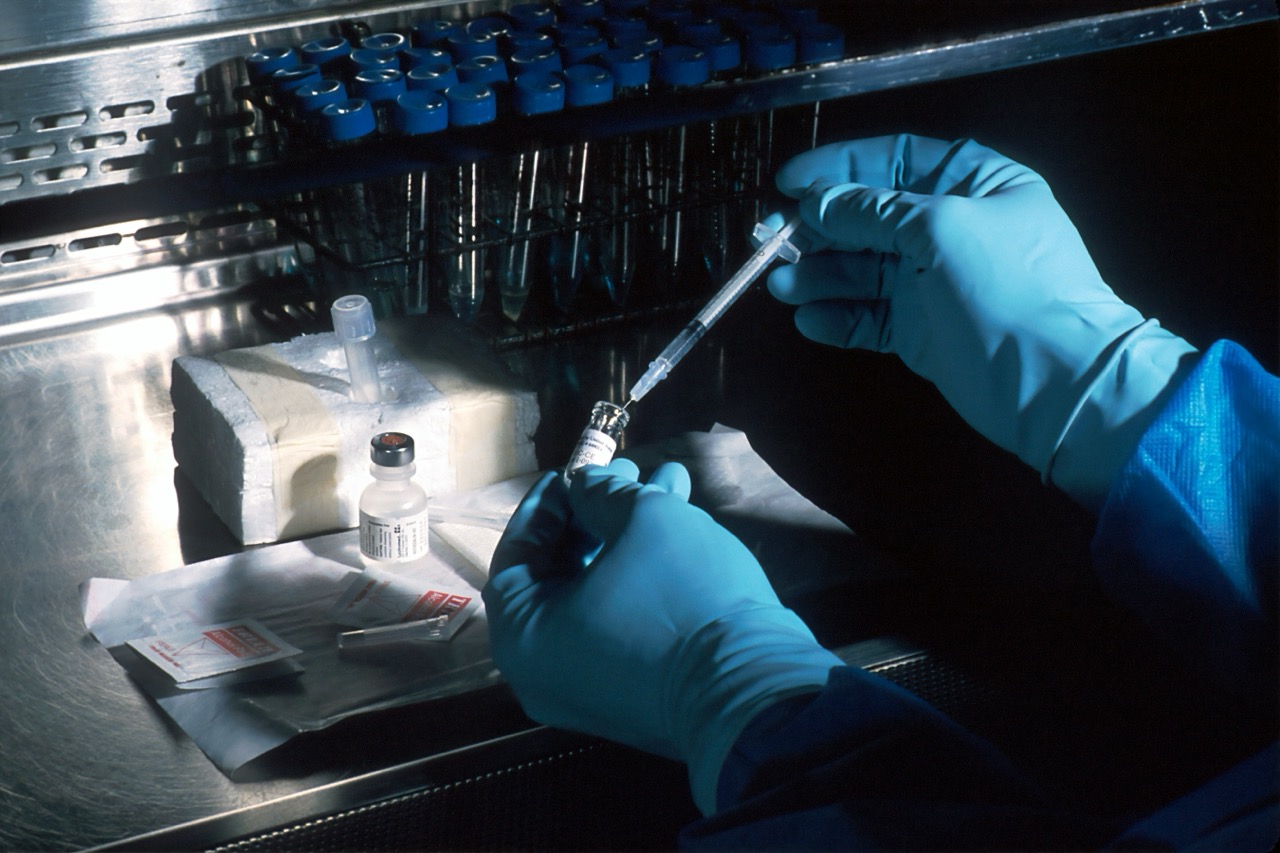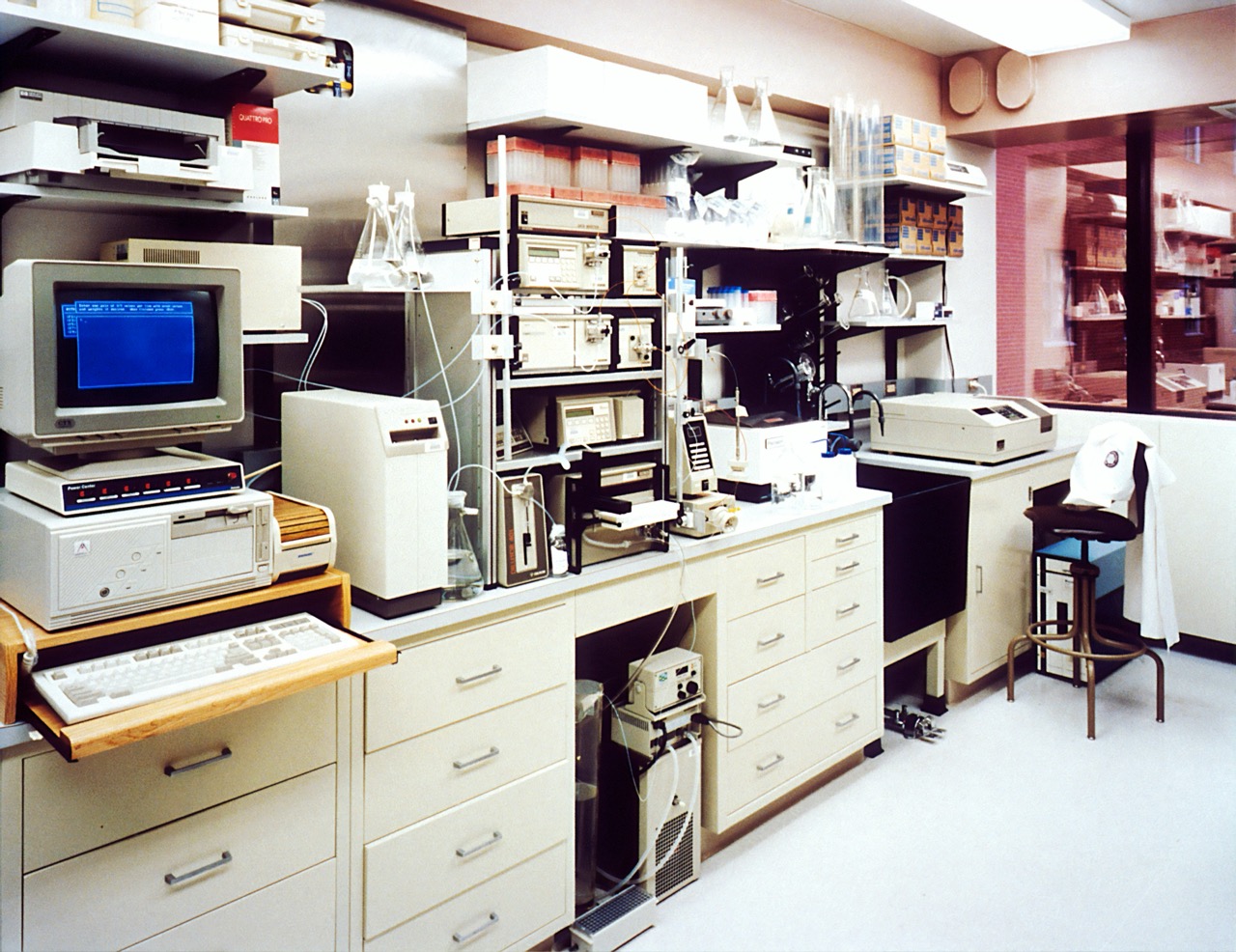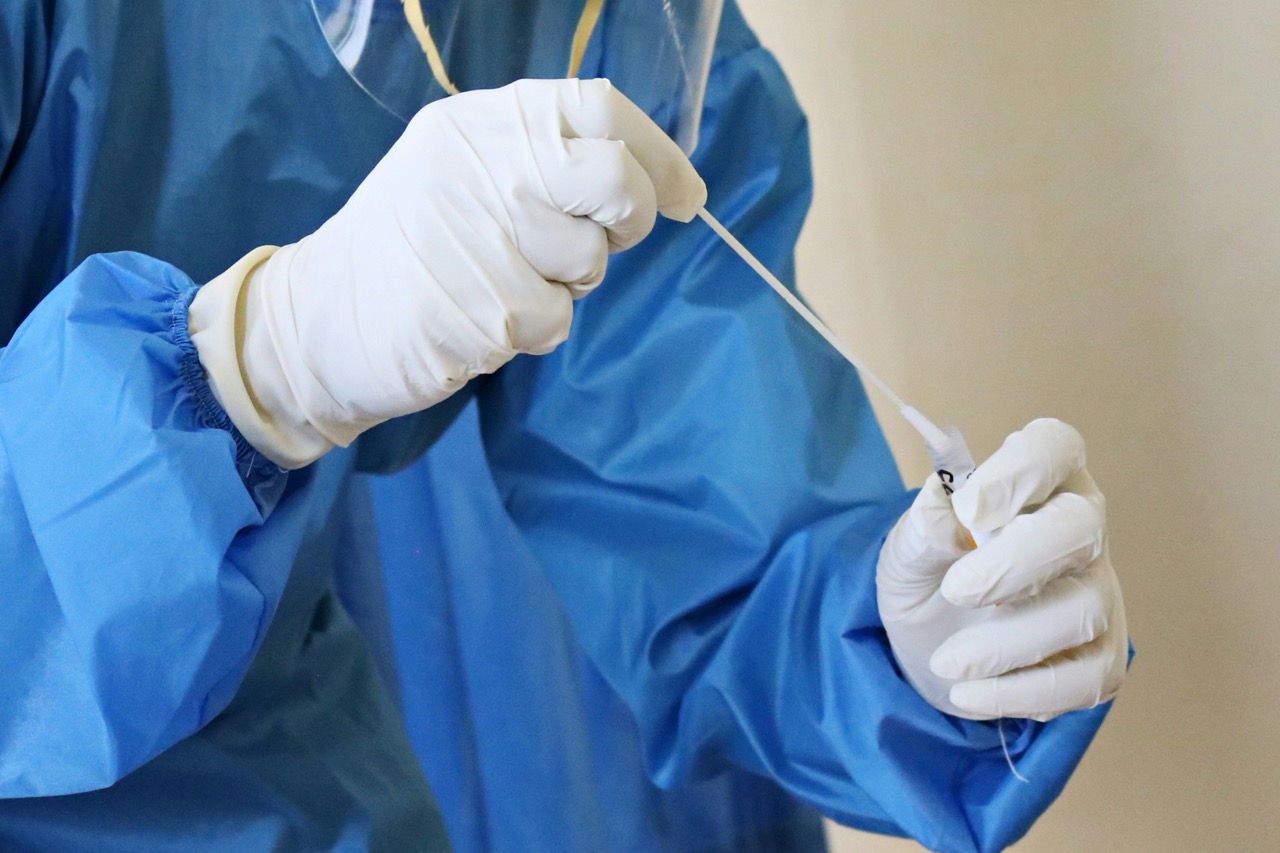Human Papillomavirus (HPV) is one of the most common sexually transmitted infections worldwide, affecting millions of people regardless of age or gender. While often asymptomatic, certain strains of HPV can lead to severe health implications, including cervical cancer and other related malignancies. Understanding the relationship between HPV and hormones is crucial, as hormones play a significant role in the body’s response to infections and overall cellular health. This article explores the foundational aspects of HPV, the influence of hormones on infection progression, the immune response to the virus, and the long-term health risks associated with HPV and hormonal interactions.
Understanding HPV: The Basics of Human Papillomavirus
HPV is a group of more than 200 related viruses, with over 40 strains capable of infecting the genital area, mouth, and throat. It is primarily transmitted through intimate skin-to-skin contact, making it a prevalent concern in sexually active individuals. Most HPV infections are transient and asymptomatic, resolving without intervention within a couple of years. However, persistent infections from high-risk HPV strains can lead to the development of various cancers, particularly cervical cancer, or cause genital warts.
The World Health Organization (WHO) emphasizes the importance of HPV vaccination as a preventive measure against certain strains associated with cancer. The vaccines have proven to be effective in reducing the prevalence of high-risk HPV strains and consequently, the incidence of cervical cancer. Awareness and education regarding HPV, its transmission, and associated risks are critical components in curtailing its spread.
Moreover, early detection through regular screenings, such as Pap smears and HPV tests, enables healthcare providers to manage potential complications effectively. By understanding the basic tenets of HPV, individuals can better navigate their sexual health and engage in preventive measures, such as vaccination and regular check-ups.
The Role of Hormones in HPV Infection and Progression
Hormones, particularly sex hormones like estrogen and progesterone, can significantly influence the susceptibility and progression of HPV infections. Research suggests that hormonal fluctuations during menstrual cycles, pregnancy, or hormone replacement therapy can alter the local immune environment, potentially allowing HPV to establish and maintain infections. Estrogen, in particular, is known to promote cellular proliferation, which may create a conducive environment for HPV to thrive.
During pregnancy, hormonal changes can suppress certain immune responses, making it easier for HPV to persist and potentially leading to increased rates of transmission. The interplay between hormones and HPV is not merely a matter of susceptibility; it may also affect the progression of lesions caused by the virus. Women with higher estrogen levels might experience more rapid development of precancerous lesions, necessitating closer monitoring and intervention.
Additionally, postmenopausal changes, characterized by decreased estrogen levels, can alter the vaginal microbiome and local immunity, potentially affecting how HPV is managed within the body. Understanding the intricate relationship between hormones and HPV is essential for developing targeted strategies for prevention, treatment, and monitoring.
Immune Response: How Your Body Fights HPV Effectively
The immune system plays a pivotal role in controlling HPV infections. When HPV invades the body, the immune system activates a series of responses aimed at recognizing and eliminating the virus. A robust immune response can lead to the clearance of the virus, thus preventing the development of related complications. Specific types of immune cells, including T-cells and B-cells, are essential in identifying and dismantling infected cells.
However, HPV has evolved mechanisms to evade the immune response, allowing some infections to become chronic. For instance, the virus can downregulate the expression of key immune recognition markers, making it harder for immune cells to detect infected tissues. This immune evasion can lead to persistent infections and increase the risk of cellular changes that may result in cancer.
Research into the immune response to HPV is ongoing. Scientists are investigating ways to boost the immune system’s ability to combat HPV through vaccines and therapies. Understanding how to enhance immunity against HPV could lead to more effective treatments and prevention strategies, ultimately reducing the incidence of HPV-related diseases.
Long-Term Effects: HPV, Hormones, and Overall Health Risks
The long-term effects of HPV infection can be profound, especially when considering its interaction with hormones. Persistent HPV infections, if left untreated, can progress to precancerous lesions and ultimately cervical cancer, along with other anogenital cancers. Furthermore, chronic HPV infections can lead to psychological stress and anxiety, affecting an individual’s mental well-being and overall quality of life.
Hormonal imbalances can further complicate the health risks associated with HPV. For instance, women undergoing hormone replacement therapy may experience heightened vulnerability to HPV persistence and its complications. It’s crucial for individuals undergoing such therapies to discuss HPV screening and vaccination options with their healthcare providers to mitigate potential risks.
Additionally, education regarding HPV and hormones is vital for both medical professionals and patients. Increasing awareness about the link between HPV, hormonal health, and the risks associated with chronic infections can empower individuals to take proactive steps in their health management. Regular check-ups, vaccinations, and open communication with healthcare providers are essential components in addressing the long-term implications of HPV and hormonal interactions.
In conclusion, the relationship between HPV and hormones is complex, intertwining aspects of infection susceptibility, immune response, and long-term health outcomes. Understanding this relationship can equip individuals with the knowledge necessary to navigate their health concerns effectively. By prioritizing prevention through vaccination, regular screenings, and informed discussions with healthcare providers, individuals can take significant strides in managing HPV-related health risks. As research progresses, greater insights into this dynamic will enhance our ability to combat HPV and its associated complications, paving the way for healthier futures.
